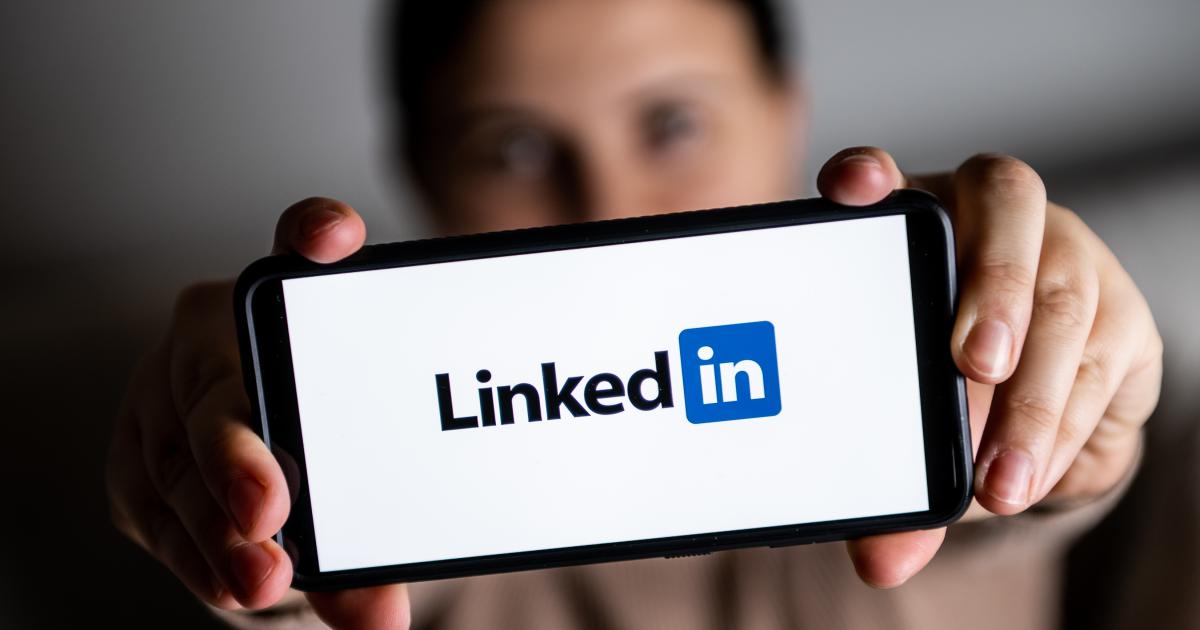Recently, the official website of the China Securities Regulatory Commission (CSRC) showed that Vimicro has filed for listing guidance with the Guangdong Securities Regulatory Bureau, and CITIC Securities is the guiding institution.
According to reports, Vimicro had applied for an IPO with the China Securities Regulatory Commission in 2018. In July 2020, it was transferred to the Shenzhen Stock Exchange ChiNext board for review, with plans to raise RMB 1.36 billion (about USD 187 million). However, in December 2020, Vimicro chose to withdraw its application documents and subsequently, the Shenzhen Stock Exchange terminated the review. The reason stated by Vimicro in this counseling filing for withdrawing the listing application at that time was due to its business development plan of merging chip businesses and planning to reapply at a suitable time.
Since its privatization and delisting from NASDAQ in 2015, Vimicro has made multiple efforts to list on the A-share market. However, the reverse acquisition failed, and the direct restructuring application was also frustrated. The path to relisting for Vimicro can be described as tortuous. John Deng, the founder of Vimicro who was once known as “the youngest academician of the Chinese Academy of Engineering,” successfully developed China’s first internationally competitive chip after establishing Vimicro in 1999, putting an end to the era of “China without chips”.
In the 1990s, John Deng, who graduated from USTC (University of Science and Technology of China), also joined the wave of studying abroad and went to UC Berkeley for further studies. He obtained a Ph.D. in Electrical Engineering and Computer Science, as well as Master’s degrees in Physics and Economics from the university. He became the first person in Berkeley’s 130-year history to obtain degrees spanning three disciplines: science, engineering, and business.
In 1999, John Deng, as an outstanding representative of Chinese students studying abroad, was invited to participate in the National Day celebration for the 50th anniversary of the founding of New China. At that moment, an excited John Deng made a decision to ‘return to China and start a business, designing chips specifically for Chinese people.’ In October 1999, John Deng returned to China with his core team and established Vimicro Electronics, following the Silicon Valley model. They launched the “Xing Guang (Starlight) China Chip Project” in Zhongguancun, Beijing.
In 2001, Vimicro Electronics designed China’s first independently developed million-gate-level ultra-large-scale digital multimedia chip called “Xing Guang (Starlight)-1”. John Deng, also known as the “Father of Chinese Chips”, was involved in this achievement.
For Vimicro, this tutoring filing is not its first contact with the capital market. In 2005, John Deng led the initial Vimicro Electronics to debut on NASDAQ, becoming the first Chinese chip design company listed on NASDAQ. It is understood that the stock price of Vimicro Electronics once reached a peak of $20, but later remained below $1 for a long time and even received delisting warnings from NASDAQ.
SEE ALSO: NIO: Self-Developed Chips to Be Mass-Produced in 1-2 Years
It is worth noting that after the privatization and delisting of Vimicro Electronics, the company underwent a restructuring of its business. It split its two main businesses: chips and security.
For Vimicro and John Deng, the chip is their “original intention”. After the release of their first chip in 2001, in 2004, three years later, the “Xing Guang (Starlight)” digital multimedia chip won the National Science and Technology Progress First Prize, becoming the first integrated circuit chip product to receive this award. And nine years later, in 2013, Vimicro’s chip application major project once again won the International Science and Technology Progress First Prize.
Now, in the introduction on Vimicro’s official website, Vimicro is a high-tech enterprise with internationally leading chip design technology and new generation machine vision coding and decoding technology in the field of digital perception. It provides digitized industry applications and solutions for public safety, digital media creation, smart energy, intelligent transportation, smart finance, smart water conservancy, industrial Internet of Things (IoT), vehicle networking (V2X), and home sectors.
Vimicro’s AI chips are applied in the security and IoT industries, which may be the reason for Vimicro’s independent listing of its security business. Nowadays, artificial intelligence and chip industry development are one of the focal points. As a terminator of China’s chipless history, Vimicro’s performance in the capital market is still worth looking forward to.
Sign up today for 5 free articles monthly!
Note: This article have been indexed to our site. We do not claim legitimacy, ownership or copyright of any of the content above. To see the article at original source Click Here














